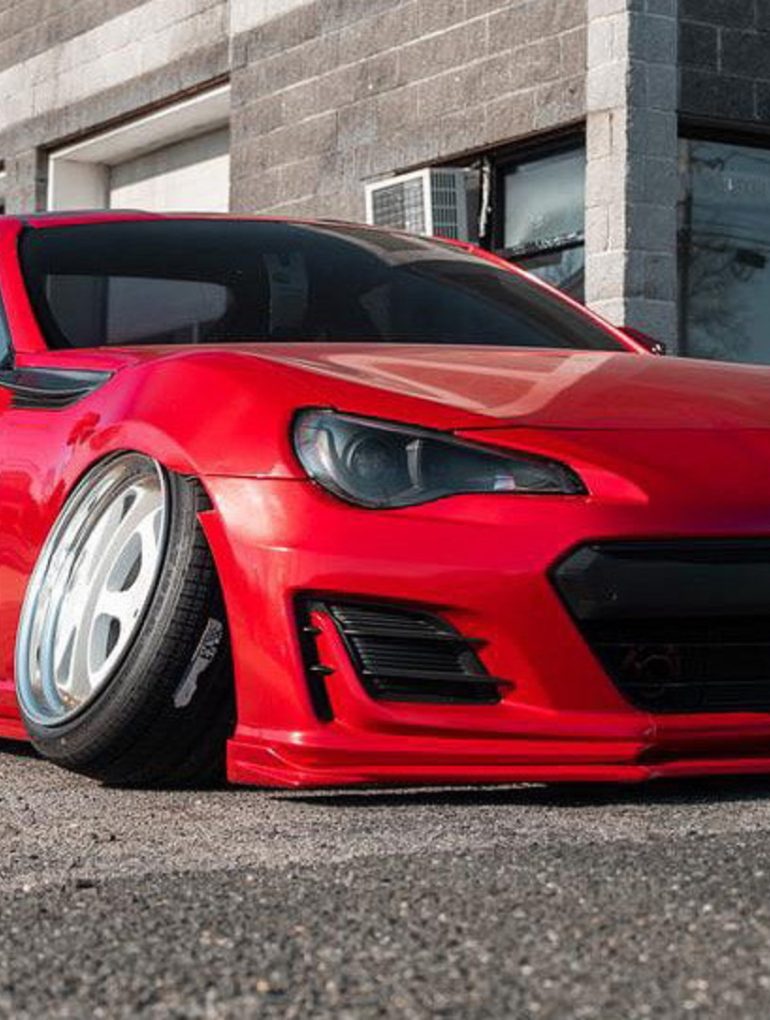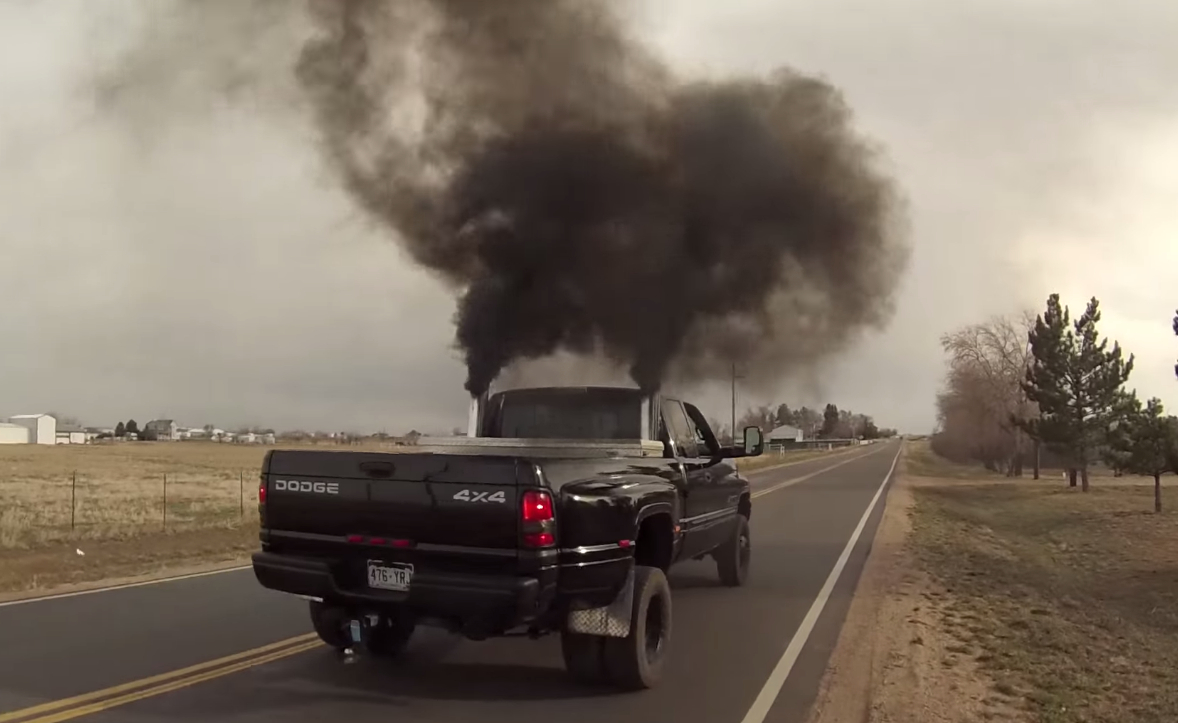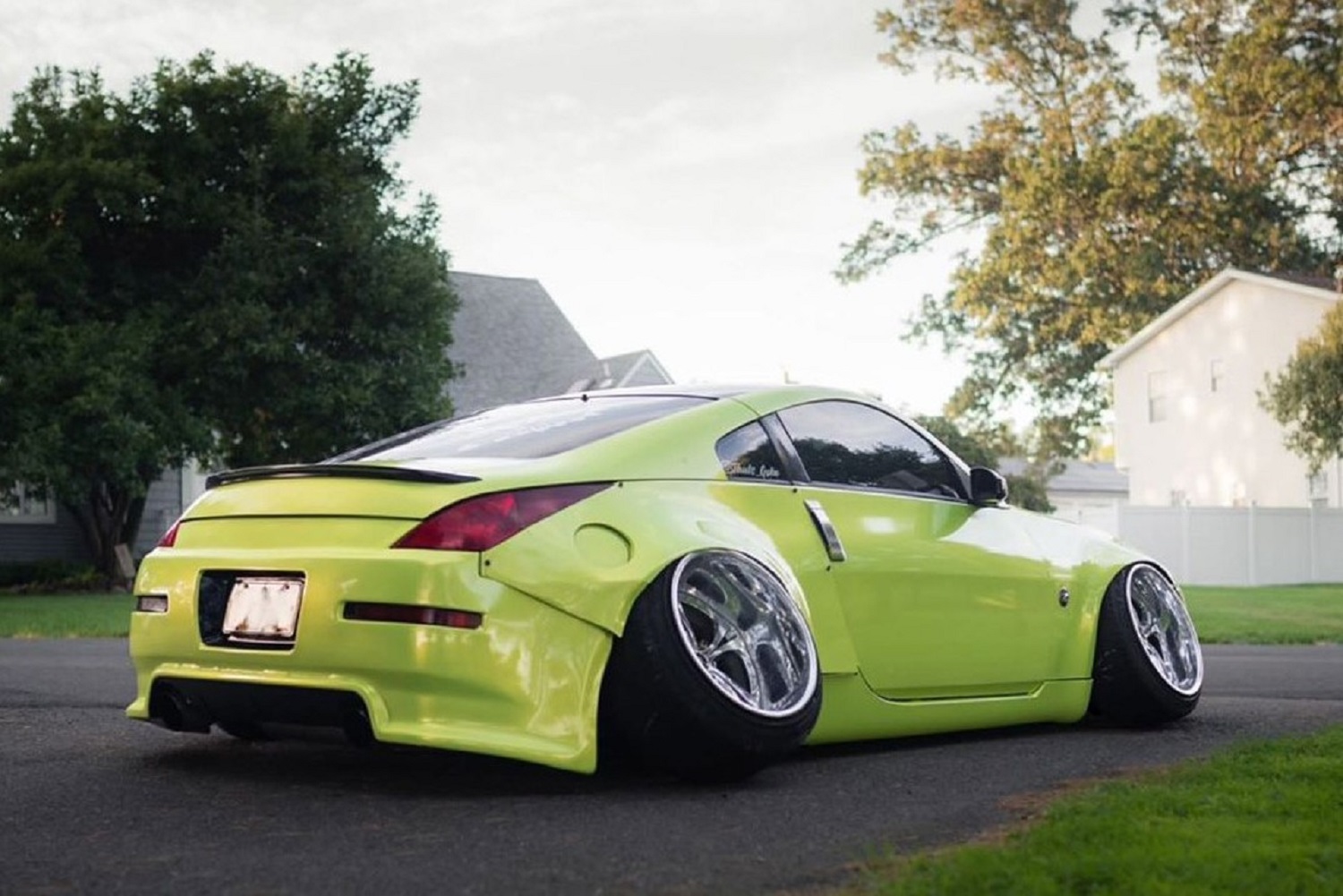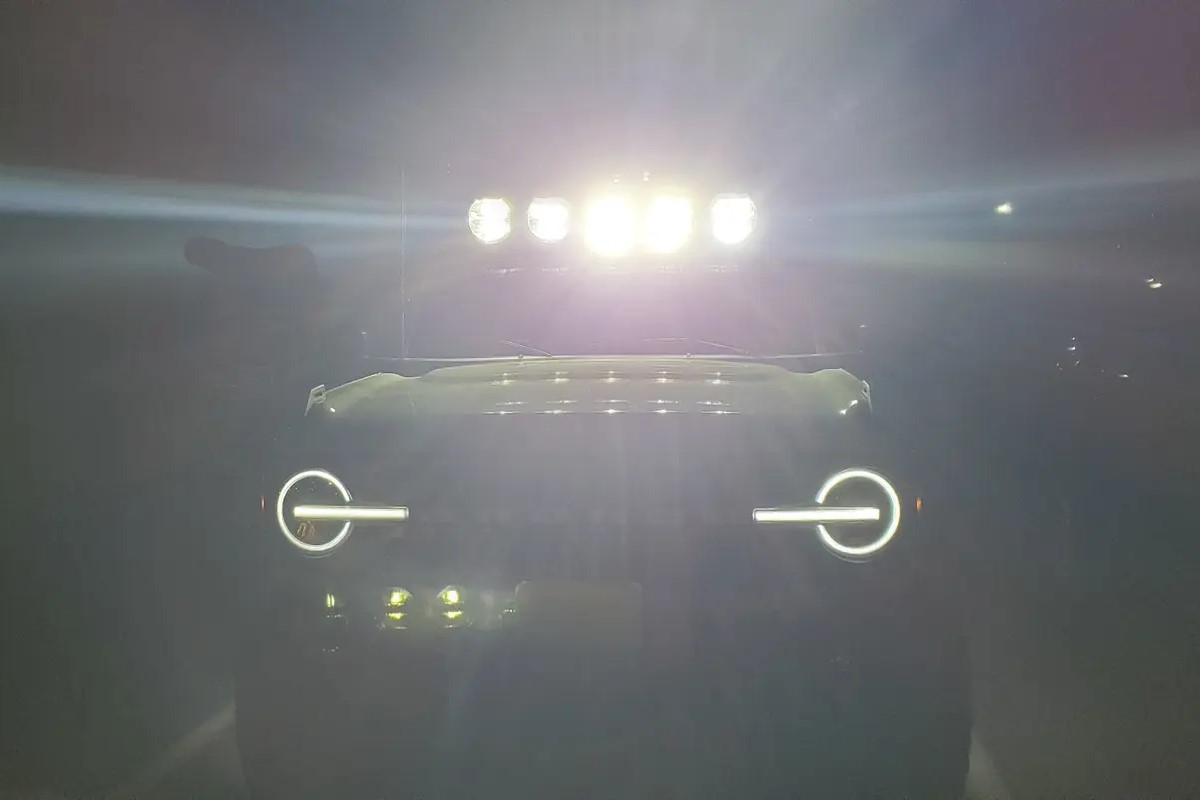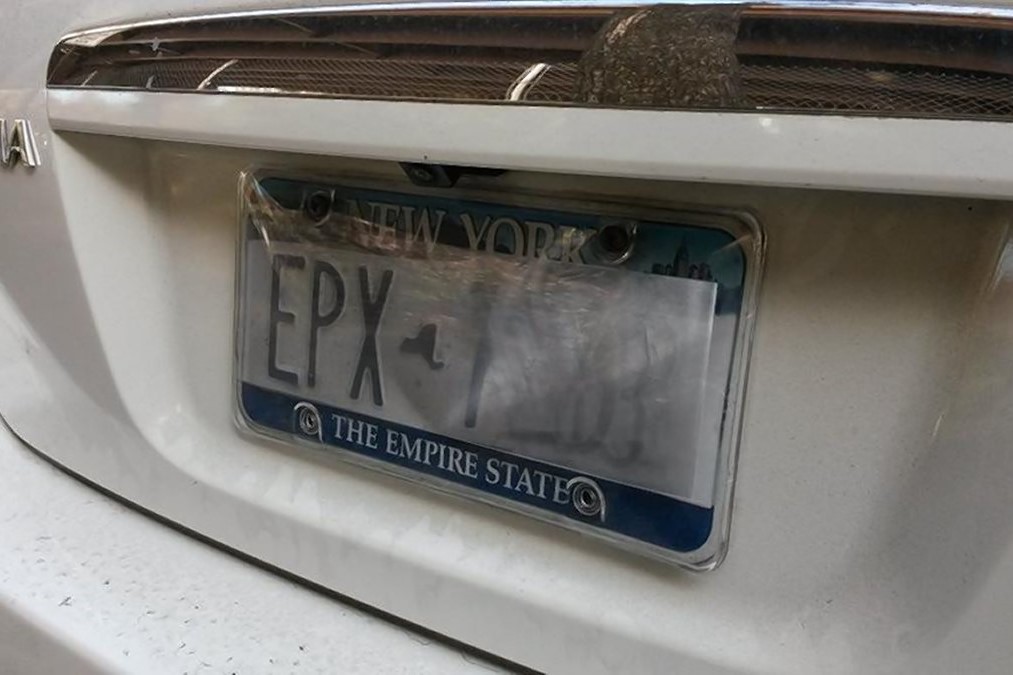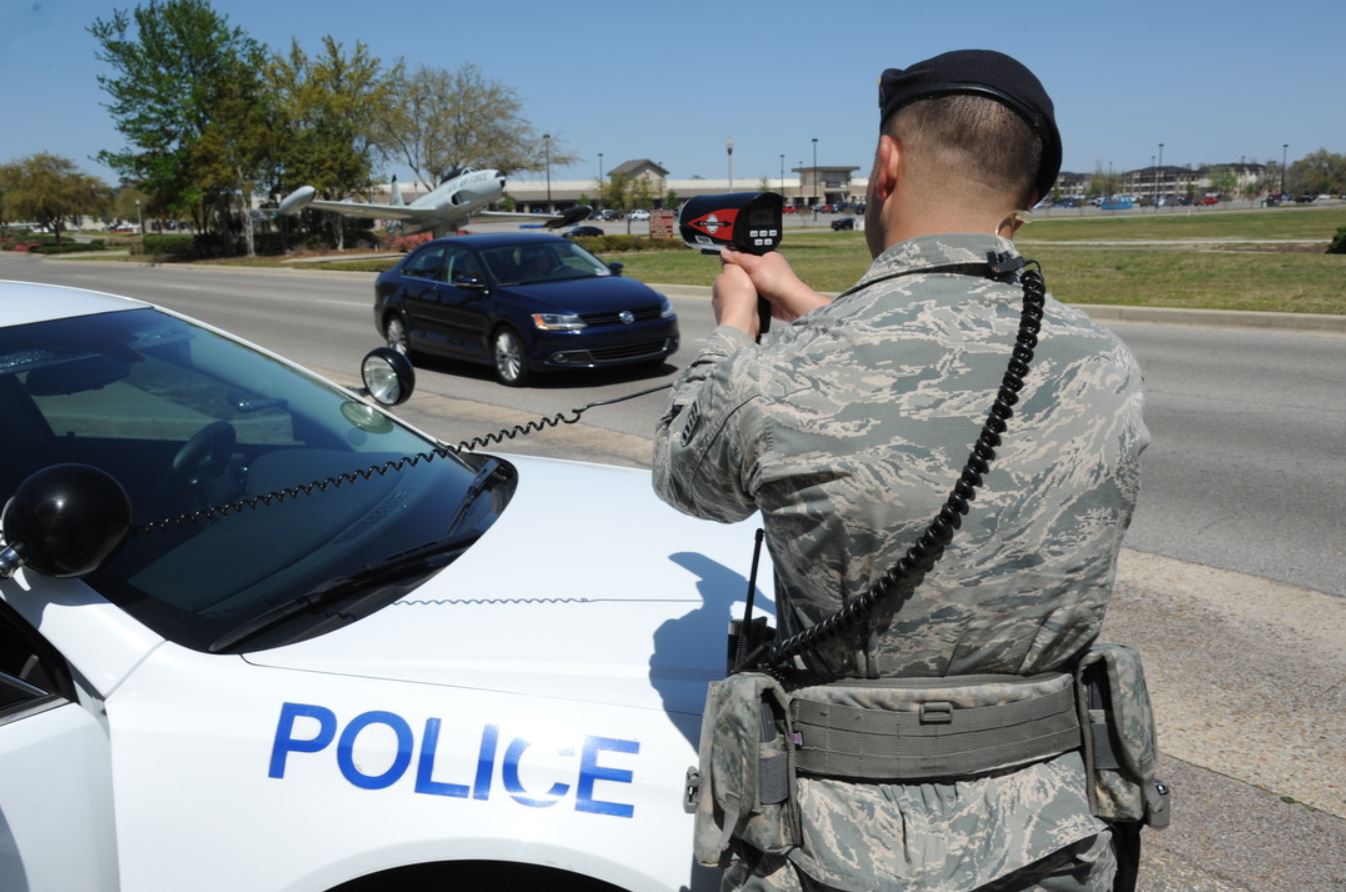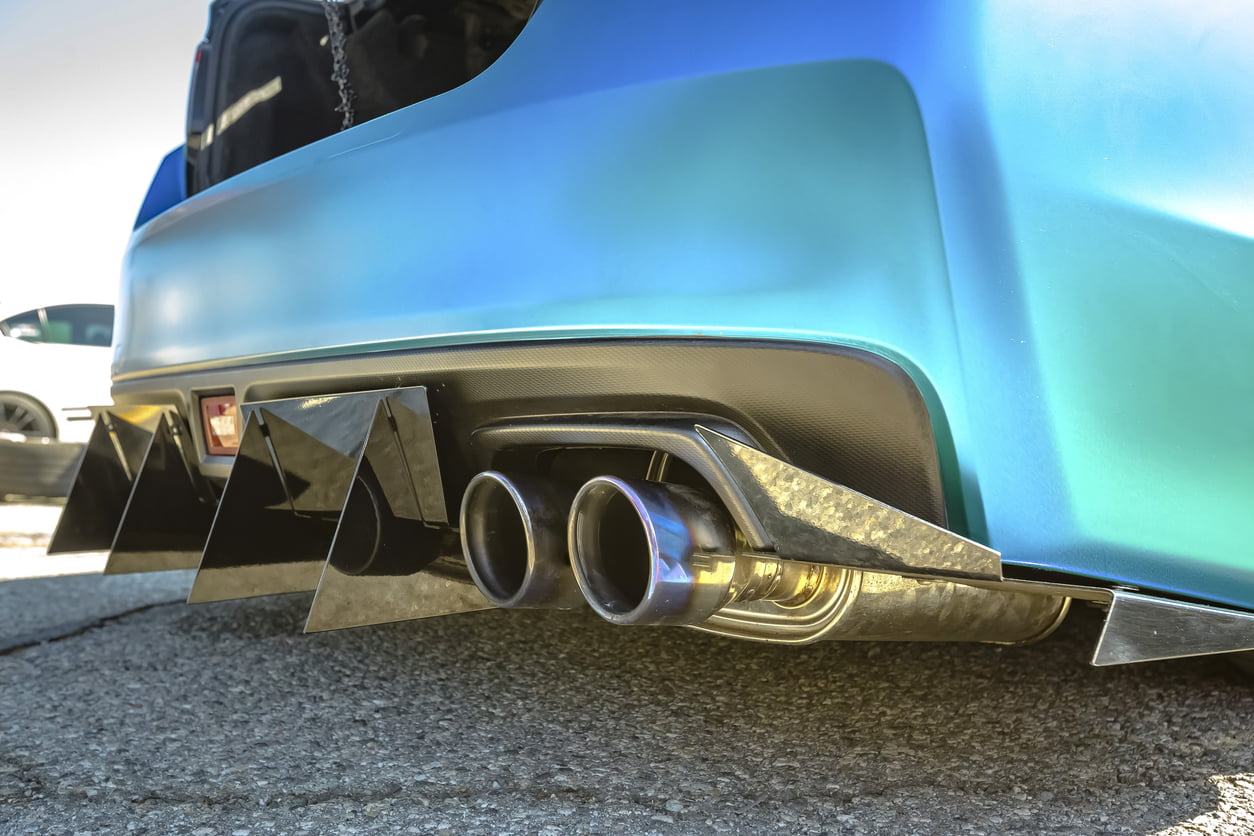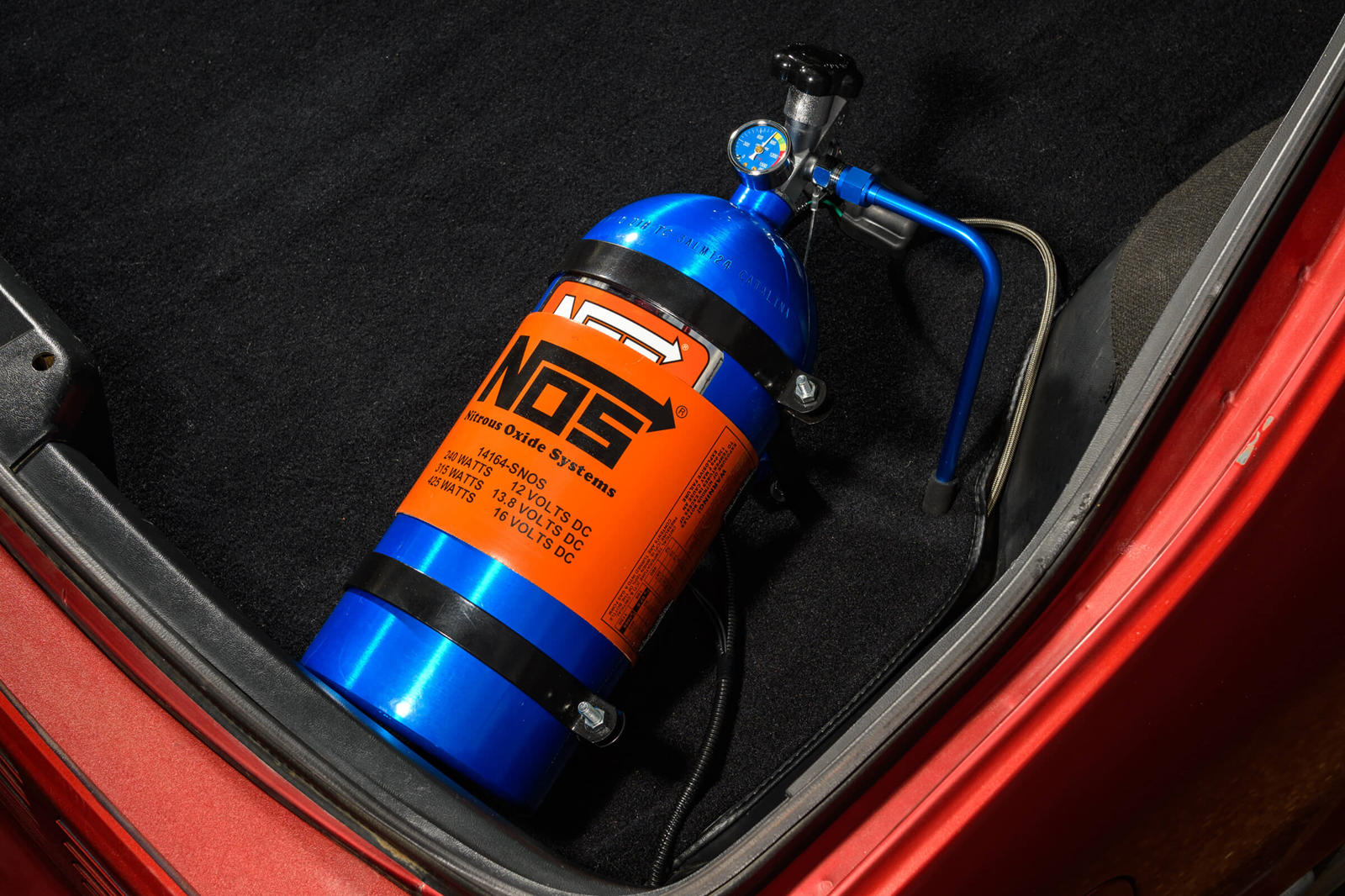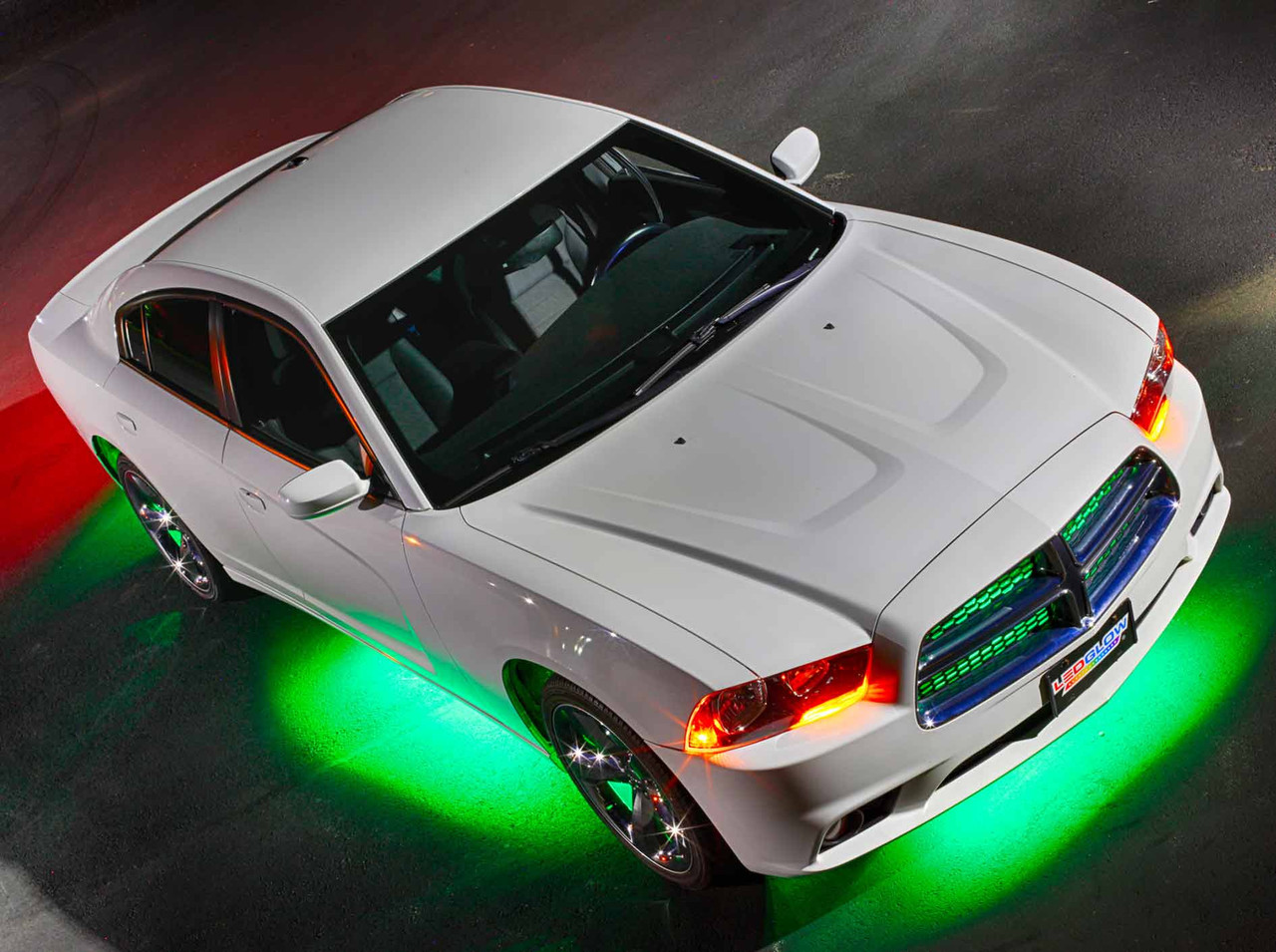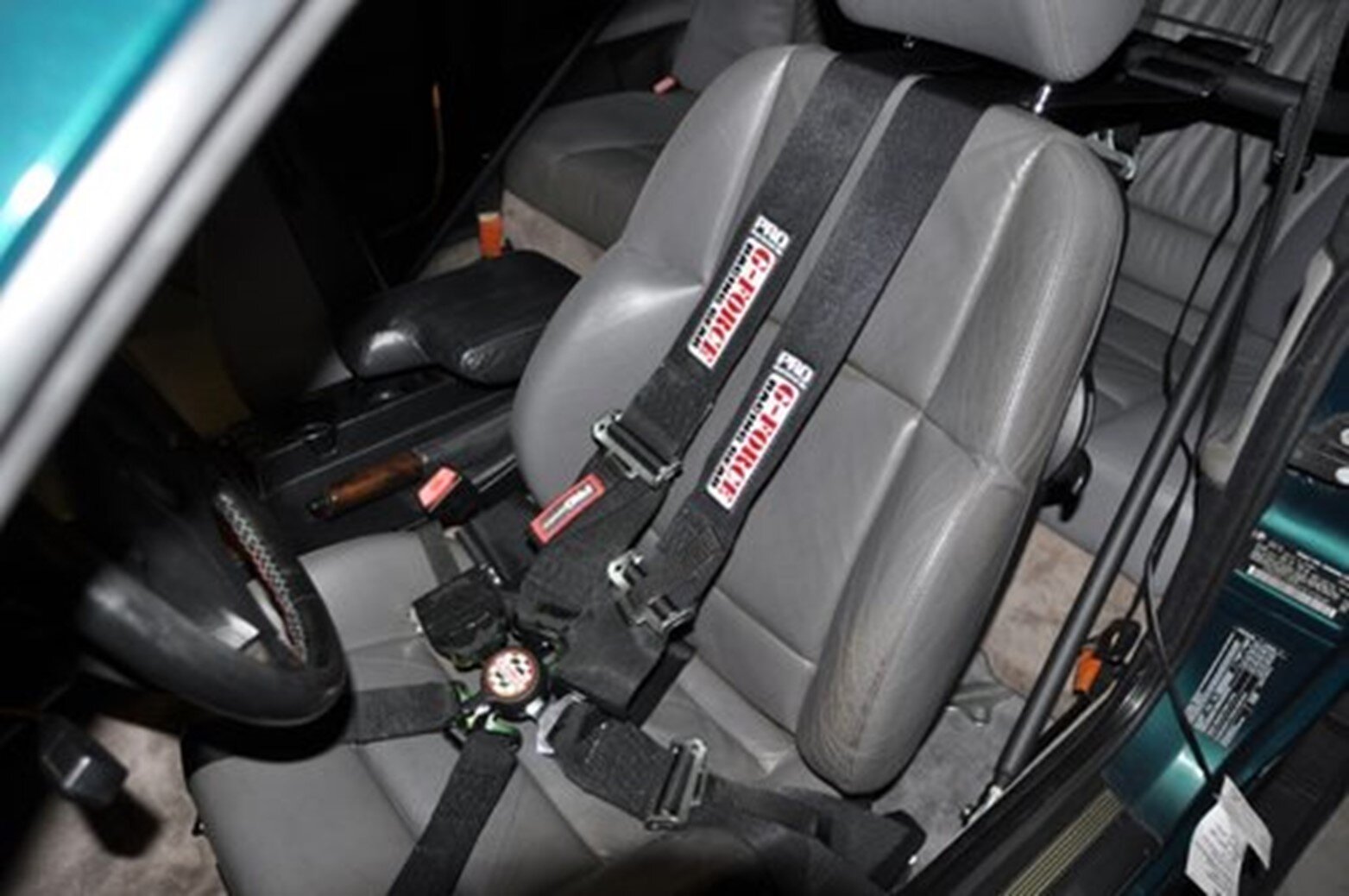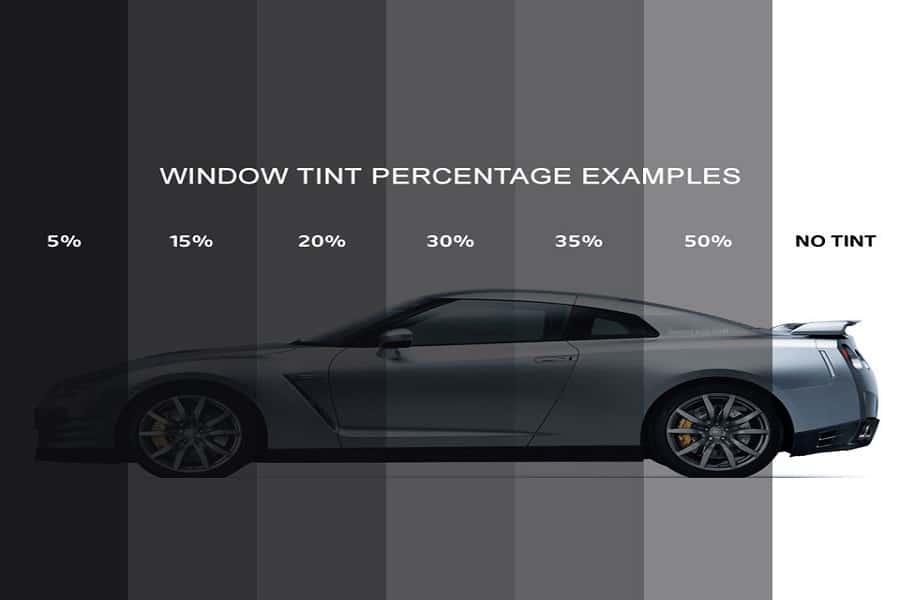Car enthusiasts love to modify their cars after purchase, and there is nothing wrong with the practice. It is actually a very lucrative sector of the automobile industry. The global car accessories market is estimated to be worth a staggering $522 billion by the end of 2022.
Modifications can give a vehicle its own unique identity, make it more ‘attention-worthy’ and even boost performance. However, some mods have questionable legality around their usage, and a decision to install them should only be made after carefully considering all possible implications. Here, we highlight a few controversial mods on the market today.
Rolling Coal
Via Green Car Reports
Environmentalists will not like this one bit, and rightly so too. The mod is typically installed on diesel-powered vehicles. With rolling coal, flicking a switch dumps a load of extra fuel into the combustion chamber. The result? Thick clouds of billowing black smoke out of the exhaust pipes. It’s enough to completely obscure the vehicle and the visibility of any car following behind.
Not only is this an annoyance, but the safety and environmental implications are also significant considerations. No wonder, then, rolling coal is an outlawed practice in most places. In the US, it’s downright illegal, according to the Environmental Protection Agency.
Hellaflush
Via TechEBlog
Hellaflush is a term coined for a series of mods that replaces the car’s stock suspension with an aftermarket kit that drops the car as low as possible to the ground. The control arms are also swapped with ones that cause the wheels to tilt outwards – something more commonly known as negative camber.
Hellaflush also involves the use of oversized rims and tires that are too narrow for the wheel. It is not unusual to spot cars that have undergone this treatment at street car meets or hangouts. To some, the car looks cool and gives the driver a lot of street cred. In reality, it is a dangerous practice that can mess up the car’s handling and maneuverability.
Lightbar and Police lights
Via RTR Vehicles
In offroad racing competitions, lightbars are pretty much a standard fixture on vehicles, and that’s fine. Lightbars can actually be a useful mod as they provide extra visibility, especially on poorly lit backcountry roads. However, there are many grey areas concerning the use of lightbars on public roads.
The bright lights can cause glare problems for oncoming vehicles and can be severe enough to cause temporary blindness and accidents. You will need to be sure that lightbars are allowed in your state before installing them. On the other hand, the situation with police lights is much clearer. They are flat-out illegal and can get the user in big trouble.
License Plate Blockers
Via New York Daily News
It’s hard to come up with any noble intentions behind the use of this car mod. License plate blockers function exactly as the name would suggest. They help hide a vehicle’s registered plate number and make them invisible to devices such as red light traffic cameras.
They can save the user from having to pay a traffic fine for speeding or driving through a red light, for example. License plate blockers come in different forms, such as plate covers, sprays or a smart-glass cover that can obscure the vehicle’s license plates at the push of a button.
Some states have specific laws and regulations about blocking your license plate using the above methods.
Laser Jammers
Via Haas Entertainment
Like license plate blockers, laser jammers can also help the driver escape the hands of the law, especially as it relates to a speeding offence. Once installed, the jammer can disrupt incoming laser beams from laser guns, causing them to register a false reading or, in some cases, no reading at all.
Clearly, laser jammers interfere with the ability of law enforcement agencies to carry out their duties effectively. Interestingly, it is technically legal to purchase them in the US, but several states have outlawed their usage on public roads.
Loud Exhaust Systems
Via Holt Lloyd
Gear heads love a loud exhaust system, and who can blame them? There’s something strangely exhilarating about the pops and cackles of a raucous exhaust. This car mod usually involves the deletion of the muffler, a device that provides a sound-dampening function for the vehicle’s exhaust.
Be careful, though; such modifications can not only void the car’s warranty but also put you on the wrong side of the law. Many American states have either banned the practice or have rules regulating how much sound your vehicle’s exhaust produces. In California, for example, any sound over 95 decibels for all vehicles under 6,000 pounds is deemed excessive and therefore prohibited.
Nitrous Oxide
Via CarBuzz
Nitrous oxide injection is a popular way to boost a car’s performance and is a highly common practice among aftermarket tuner specialists. It involves adding oxygen directly into the motor, along with additional fuel, to boost the pressures in the combustion chambers. In that sense, it acts like a supercharger and can significantly increase the engine’s power output for short periods.
This is fine on a race track or private property, but the risks increase dramatically when you use nitrous to boost performance on a public highway, for instance. You can understand then why various states have different laws regulating the use of nitrous-equipped cars.
Underbody neon lights
Via Ledunderglow
Neon underbody lights are one way to make your car stand out at a street meet. As the name implies, they are neon or LED lights fixed to the underside of a vehicle. They are especially common among aftermarket dealers, and it’s widely believed to ‘enhance’ a car’s overall appearance.
There is no blanket ban against the use of neon underbody lights in the US. However, it’s illegal in states like Illinois and Pennsylvania. The main argument against its use is that it could be a distraction to others on the road and, therefore, constitutes a safety hazard.
Aftermarket race harnesses
Via Dirt Legal
One of the reasons why people modify their cars is to make them more race-worthy. Consequently, it is not uncommon for them to strip the vehicle of its factory seats and seatbelts. These are then replaced with aftermarket race seats, complete with a six-point racing harness.
One of the reasons why this can be problematic is that most car insurance policies will not cover aftermarket racing harnesses installed in street-legal vehicles. You could also have problems with the law, especially as they are not approved by the US Department of Transportation for use in road cars. Only seatbelts installed by the carmaker are considered street legal.
Tinted windows
Via Calgary PPF
Tinted windows have obvious advantages. Among other things, they help block harmful UV rays, protect the car’s upholstery and assist with temperature control. While window tints are technically not illegal, there remains the question of just what level of tinting is considered acceptable.
A really dark tint prevents anyone from seeing who or what is in the vehicle. That may be good for privacy, but it could also lead to conversations with law enforcement officers, especially in a jurisdiction with clear laws regulating the use of window tint.


